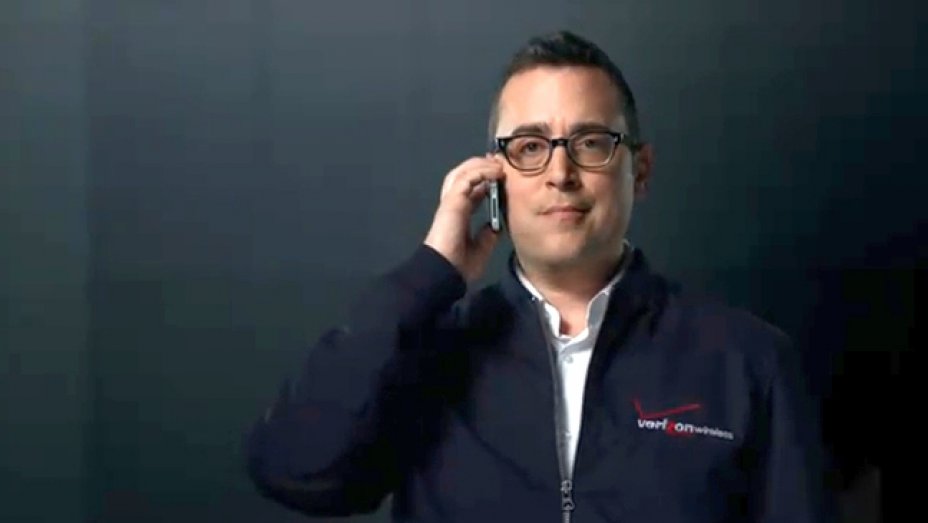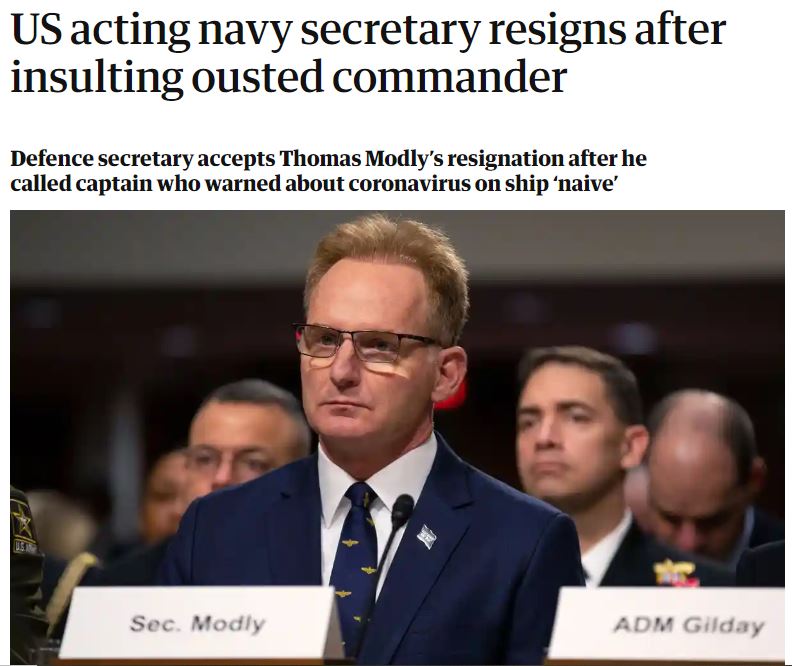I was running behind schedule. I hate being late, especially to my own meetings. A business lunch with a colleague took longer than expected. A horrible reason for being tardy. I ran to my car and dialed into the meeting. My entire team was on the line waiting for me to join. I apologized profusely for not showing up on time. I expect members of my leadership team to be punctual, and hold me to the same standard. My military experience factors into my leadership expectations. If you are not ten minutes early, then you are late is one of the many lessons learned from my military days.
Give the people you work with or deal with or have relationships with the respect to show up at the time you said you were going to. And by that I mean, every day, always and forever. Always be on time. It is a simple demonstration of discipline, good work habits, and most importantly respect for other people.
Anthony Bourdain
Things went from bad to worse
I gave my opening remarks to kick off the meeting. It took me longer than usual. My nerves were getting the best of me. “Let’s start” I finally said. Then I heard silence. No one spoke at all. I looked down at my phone and noticed that I was no longer connected. I was talking to no one. Damn – not my day. I dialed back into the meeting. By now we were running ten minutes behind schedule which is inexcusable. Once again, I apologized to my team. They could tell by the tension in my voice that I was frustrated.

Learn from your mistakes to avoid repeating them
The first presenter jumped in right away to start the meeting. He did an excellent great job getting us back on track. The rest of the meeting went fine. Most of my team members forgot about my performance. I did not. I needed to learn from my stupid mistakes that day. With that thought in mind, I want to share more lessons learned for how to communicate more clearly. In case you missed it – the first lesson is simple. Show up on time. Don’t leave your team waiting impatiently for your arrival.

Lessons Learned #2 – Provide insights to your team about your communication style
As a leader, you have a certain communication style. All leaders do. I recommend that you provide insights to your team about your communication style. How do you prefer to interact with them? Let them know so that they are prepared. For example, I used to host a weekly leadership call every Friday morning. It was a virtual meeting. I would send out a slide packet beforehand. I used the slides to guide our discussion. It also provided information to anyone who could not make the meeting. They would send me an email letting me know they could not attend and review the charts on their own. The system seemed to work well for everyone.

Other leaders have their own communication style
My weekly meeting was short – only 30 minutes. Typically, I would talk for the first half, answer questions, and then we would go “around the horn” so that every team member was able to contribute to the conversation. My team knew the deal, and it worked well. Other leaders I know would never use slides for a team meeting. They hate slides. They prefer an open-ended conversation – which is fine. There is no right answer – you need to figure out what works best for you. Then, communicate it to your team.

Lessons Learned #3- Know your boss’ communication style
Your boss possesses a communication style. It is important that you know it. I worked for many leaders over the years, and they all had their own communication styles. It was particularly true when it came to receiving status updates. I worked for several who were fine with “drive-by” interactions. The ones where you simply show up and give a quick update without coordinating a meeting time in advance. Others closely followed their calendars. They only met and communicated at pre-arranged times. Once I gave a drive-by update to a boss who only met with others who were on her calendar. That was a mistake. One of the shortest, and worst meetings of my life. She kept looking at me like there was something wrong with me. There was. I didn’t understand her communication style. Stupid mistake on my part. I never did another drive-by with her.

Lessons Learned #4 – Ask for feedback, especially on conference calls when you cannot see anyone
Conference calls are challenging, especially with large groups. If you are leading one make sure you ask for feedback from participants at appropriate times. The reason to ask for participants to chime in is a practical matter. You want to answer three basic questions.
- Can they hear you? Perhaps you are on mute, have a bad connection, or dropped from the call. Easy to do, especially in your car.
- Are they paying attention? It is easy to get distracted, or multi-task. The longer the meeting, the more important it is to ask for feedback.
- Do they understand what you are saying? See if they have any questions or feedback to offer. Silence is not concurrence. It may be a sign your audience does not understand you.

Video teleconference calls (VTCs) are not much different than conference calls although there are a few more things to consider. I plan on discussing best practices and lessons learned for video teleconferencing in upcoming blogs. It is a timely topic given the current health crisis with many of us working from home these days.
Wise men speak because they have something to say; Fools because they have to say something.
Plato
Bottom line – think before you open your mouth to speak
I love the quote from Plato. It is a great reminder that what you say as a leader is important. Your team and stakeholders are listening. Don’t disappoint them by saying something stupid. Don’t be a foolish leader. Instead, take the time to think about what you are going to say beforehand. Not after. When in doubt. Don’t say anything. It is usually better to hold your tongue than to insert your foot into your mouth. Trust me. I know from personal experience that your words can get you into trouble. Look around and you will see way too many leaders violating this principle.

ATW! is designed to make you a better leader
I hope you join me on this journey to raise up the next generation of leaders. The world is in desperate need of more great leaders. Women and men who lead with confidence, clarity, and creativity. It’s time to become the leader that your world needs. Let’s go All The Way!
